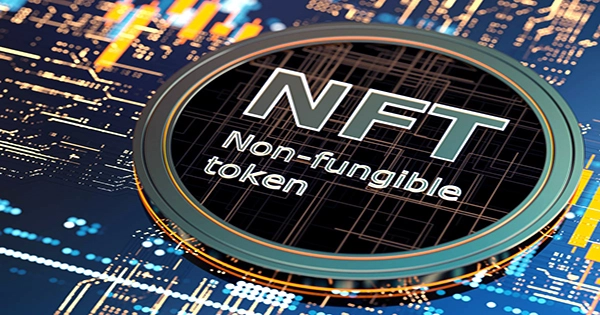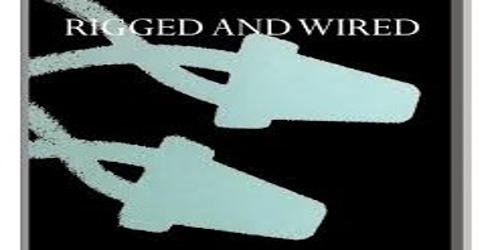The explosive growth of NFTs as an asset class has created a bubble that appears to be refusing to burst — at least for the time being — but NFT markets are continuing to entice investors, particularly around prospects that appear to be untouched by market leaders. The Solana ecosystem’s NFT possibility has gotten a lot of attention in recent weeks. Justin Kan’s crypto game platform Fractal, which hosts Solana-based NFTs, secured $35 million in a round-headed by Paradigm and Multicoin on Friday, with participation from Andreessen Horowitz, Animoca, Coinbase, and Solana Labs. Only two weeks prior, Solana’s most popular native NFT retailer, Magic Eden, secured a $27 million round led by Paradigm, with additional backing from Sequoia and others.
As the network has courted developers and investors, Solana, which promises users low-cost transaction rates and faster speeds, has been one of the boldest success stories of the blockchain industry in recent years. Many participants believe the layer 1 (L1) alternative is a better center for NFT initiatives, which have historically been a significant stumbling block for the Ethereum network, resulting in high fees and long wait times across the board. In an interview with TechCrunch, Kan said, “We started with Solana because we believed it was the greatest user experience for consumers, gamers, and game creators.”
All of the publicity has resulted in fresh investment in Solana NFT startups, as well as new initiatives from established giants. In a tweet last week, OpenSea announced that support for the Solana blockchain will be added in the coming weeks. The lion’s share of overall NFT sales continues to go through OpenSea. Its overall transaction volumes have skyrocketed, propelling the business to a $13.3 billion value — but the startup still has a long way to go in terms of generating widespread customer interest in the technology.
While the network has seen over $2.5 billion in transactions in the previous 30 days, those money were divided among about 450,000 individual wallets, a significant year-over-year growth for the platform but also a reminder of how closed off the NFT market remains. Meanwhile, while Magic Eden’s overall volumes are a fraction of OpenSea’s — $41 million vs $2.5 billion in the last month — the network’s 95,000 active traders indicate a platform with growing user interest despite significantly lower average transactions.
One of the biggest unanswered concerns will be how curation plays a role in NFT markets’ ongoing battles with spam. OpenSea has relied extensively on the costs associated with minting NFTs on Ethereum to curate its marketplace for the past many years. They’ve tried to lower expenses over the last year by giving a more simplified approach termed “lazy minting,” but they had to remove the option in January after discovering that 80 percent of the NFTs made using the technique were spam, fakes, or copied works. With its lower costs, Solana is expected to speed up some of these challenges for established markets, forcing them to develop more comprehensive content filters and maybe making room for upstarts with more defined niches or more aggressive curation strategies.
















